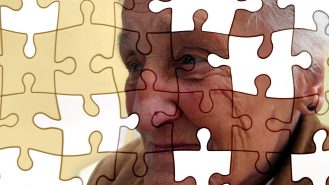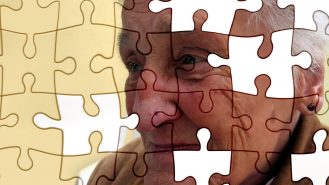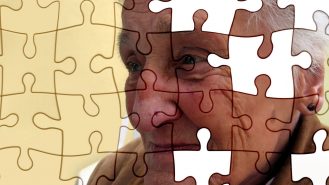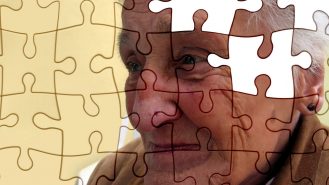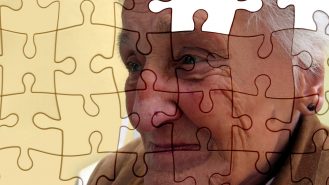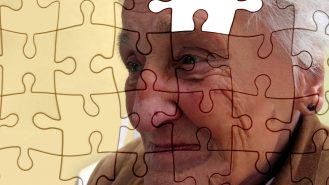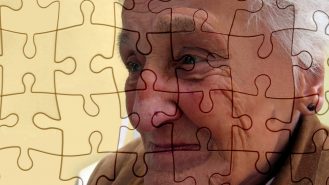Course organiser:Chris Botur
Presenter:Various
The recent explosion of AI accuracy, efficiency and low processing cost has suddenly enabled AI applications undreamt of even five years ago. Our AI research is interested in real-world applications, such as rapid data reduction of petabytes of data from scanning a farm (such as orchards or vineyards) from sub-mm under-canopy/underwater scans. I will describe UC contributions across these research areas, including recent autonomous systems research into drones pruning forests, robots pruning vineyards, autonomous underwater vehicles (AUVs) inspecting mussel farms and scanning wharf pylons to detect invasive biofouling species, AUVs harvesting scallops and even automating blood spatter analysis.
Sarah will talk about the impact climate change and sea level rise are having upon coastal processes, estuaries, beaches, and coastal ecology. She will discuss using local examples from Canterbury, including projections and impacts over the next 100 years, and draw from her international research experience. Sarah will also use case studies of past climate change impacts to compare to issues we see happening today.
A mixture of slideshow and hands on.
Andy will talk about the tectonic setting of New Zealand, a small sliver of land forced upwards by the convergence of the Pacific and Australian Plates. He will explain how tectonic deformation is accommodated differently in different parts of New Zealand, and the observations that tell us about that deformation. Finally, Andy will cover work currently being done to prepare New Zealand for future earthquakes and their secondary effects like tsunamis and landslides.
If you are still uncertain about climate change then go visit a glacier – if you can find one. Glaciers don’t lie; their size is directly linked to climate; they expand and recede as temperature and snowfall patterns change. Glaciers store fresh water, conveniently releasing it during the warmest months of the year. If water is locked-up in a glacier, then it cannot contribute to sea level rise. Glaciers provide pathways into remote mountains, they are beautiful, they are complex. Weaving her latest research results from inside crevasses at Haupapa | Tasman Glacier with long-term glacier monitoring in Ka Tiritiri te Moana | Southern Alps, Dr Heather Purdie will take you on a journey into the mountains explaining how glaciers work, and why scientists view them as accurate indicators of climate change.
